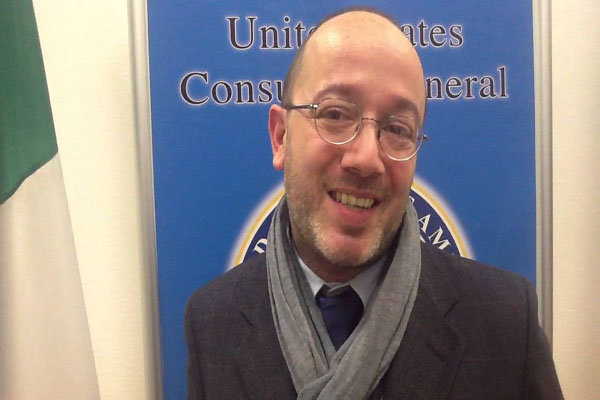Despite all its struggles for months, the hawkish US regime got rejected even by its allies over Iran’s arms embargo during a United Nations Security Council vote on Friday.
The UN Security Council overwhelmingly rejected a US bid to extend an arms embargo on Iran on Friday, which is due to expire in October.
Only the Dominican Republic voted in favor of the draft besides the United States. China and Russia voted against the text, and the remaining 11 Security Council members, including the European allies of the United States, abstained.
The United States, which unilaterally announced its withdrawal from the Iran nuclear deal in May 2018, has repeatedly claimed it will invoke the "snapback" mechanism within the Security Council should its draft resolution fail to pass.
However, the lack of support, even by its western allies, shows the US has put itself into isolation through its unilateral approaches in the past two years.
To shed more light on the issue we discussed it with political science associated professor of Milan Catholic University of the Sacred Heart, Dr. Pastori Gianluca.
Here is the text of his interview:
Do you think Trump’s foreign policy has led to US’ global isolation? (As we saw that even Washington’s allies abstained from voting in favor of the arms embargo resolution on Friday.
I am not sure that we can talk about global isolation. The UN vote on the arms embargo proves Washington's weakness on one specific topic, not on its whole agenda. It is true that, under Donald Trump, the US relations with its allies somewhat deteriorated, but not to the point of pushing the country in a corner.
Can this result be translated as the world's "no" vote the US unilateralism?
The crisis of US unilateralism is not so recent. It is some years that Russia’s assertiveness and the new role of China are making the global system increasingly multipolar. Again: I will not overestimate the significance of the UN vote. It was not a referendum on Washington's international role but a decision on a specific aspect of its foreign policy.
Do such interventionist approaches undermine the ‘leadership role’ the US has been seeking in the international arena?
Challenges to US leadership are not a new phenomenon. In the UN, too, their role is declining, largely due to Trump's critical approach to multilateralism. In this perspective, the US' inability to engage its traditional allies is the main problem that the county must face. On the other hand, the European decision not to vote against the embargo but just to abstain, although it did not change the result, can be a message sent to Washington that Europe is still open to a dialogue.
How do you assess Trump’s policies and measures towards Iran? Have they been successful in pushing the US’ intended plans forward?
Trump coherently pursued his aim to scrap the JCPOA and put maximum pressure on Iran. I am not sure this is the best strategy to promote the US interest in the [Persian] Gulf and the Middle East but, in Trump's perspective, all decisions have been correct. Even the UN vote is not a total defeat, since the US can now appeal to the 'snapback clause'.
Do you think such moves by Trump are aimed at improving his position in the coming presidential election?
Traditionally, US-Iran relations are a sensitive issue, and being 'tough on Iran' is perceived as politically rewarding. However, I don't think that the coming elections are the main reason behind Trump's moves. Donald Trump is in a difficult position, but I think that his electoral strategy, today, focuses more on the domestic than on the international agenda.
Since Washington is the only party that has withdrawn from the 2015 nuclear deal, do you think it can legally push forward its ‘snapback’ plans against Iran?
The EU position is that, since the US is no more party to the JCPOA, it cannot invoke a JCPOA's clauses. Theoretically speaking, the position is sound. However, JCPOA is, first of all, a political agreement, and its legal dimension is less important than the US will of challenging it. In my opinion, Washington will invoke in any case the 'snapback clause', also because it cannot passively acquiesce to the UN decision.
Interview by Payman Yazdani
